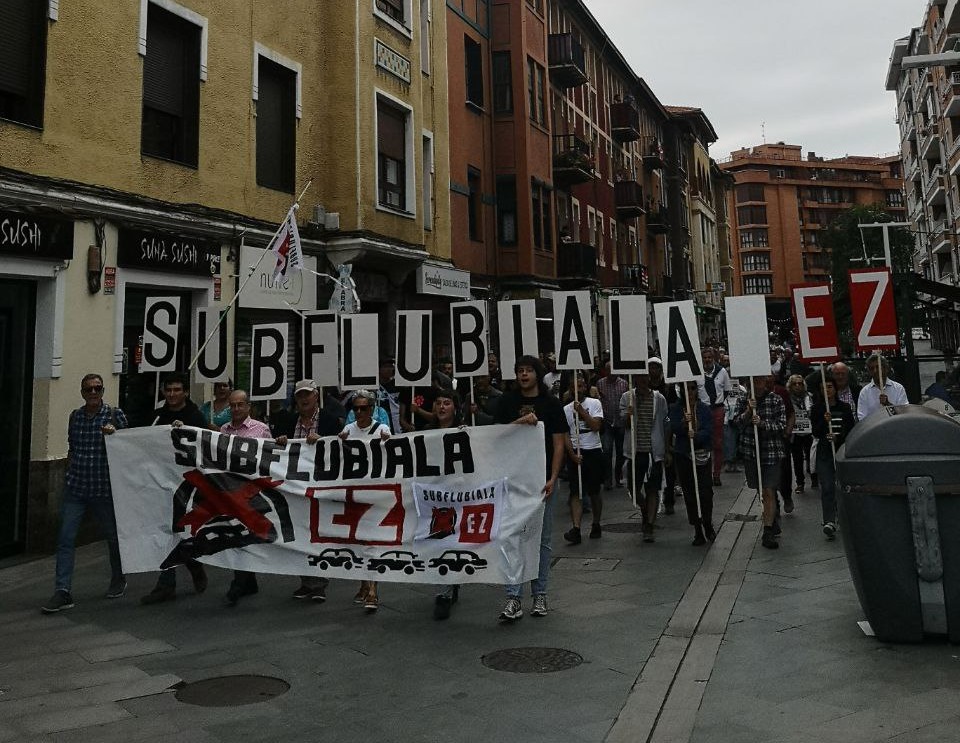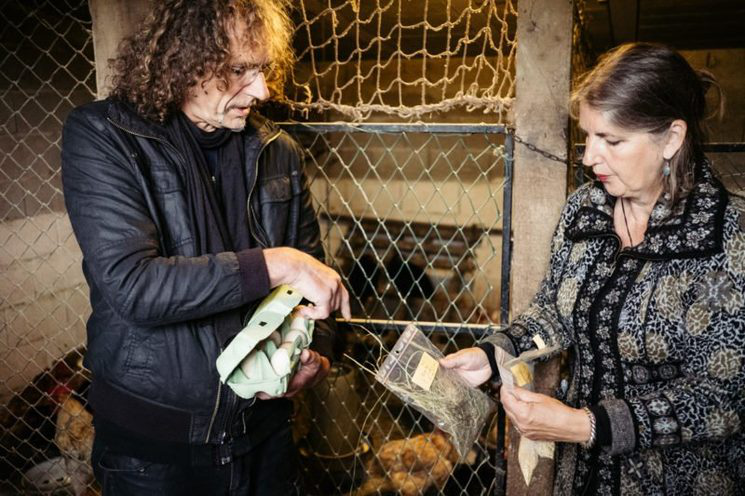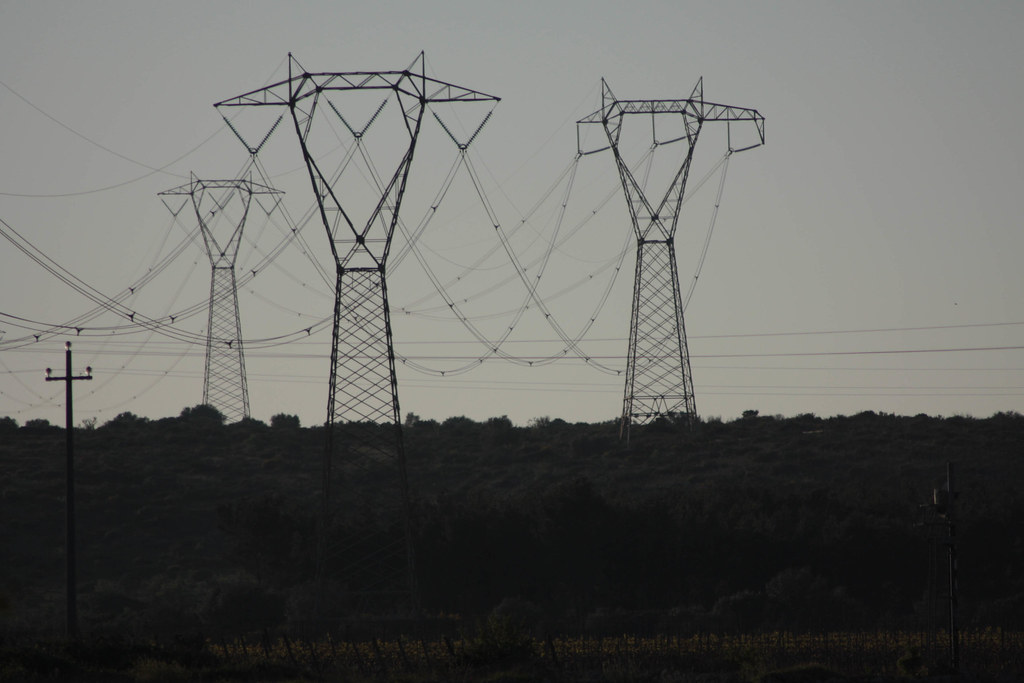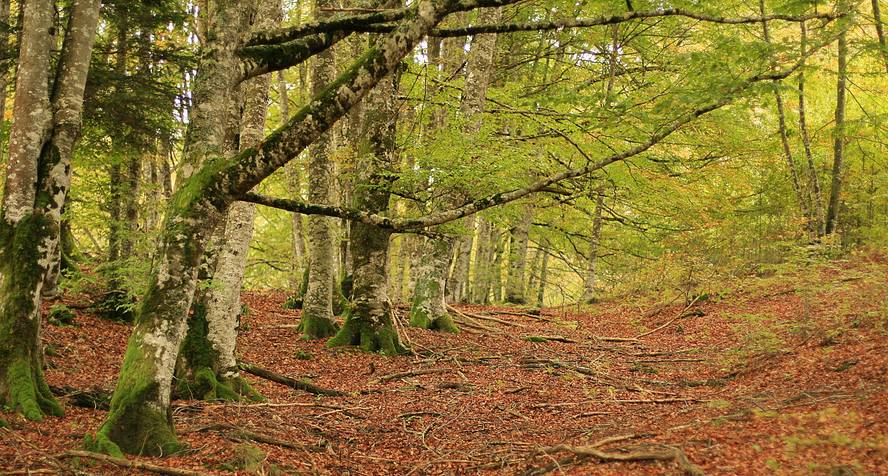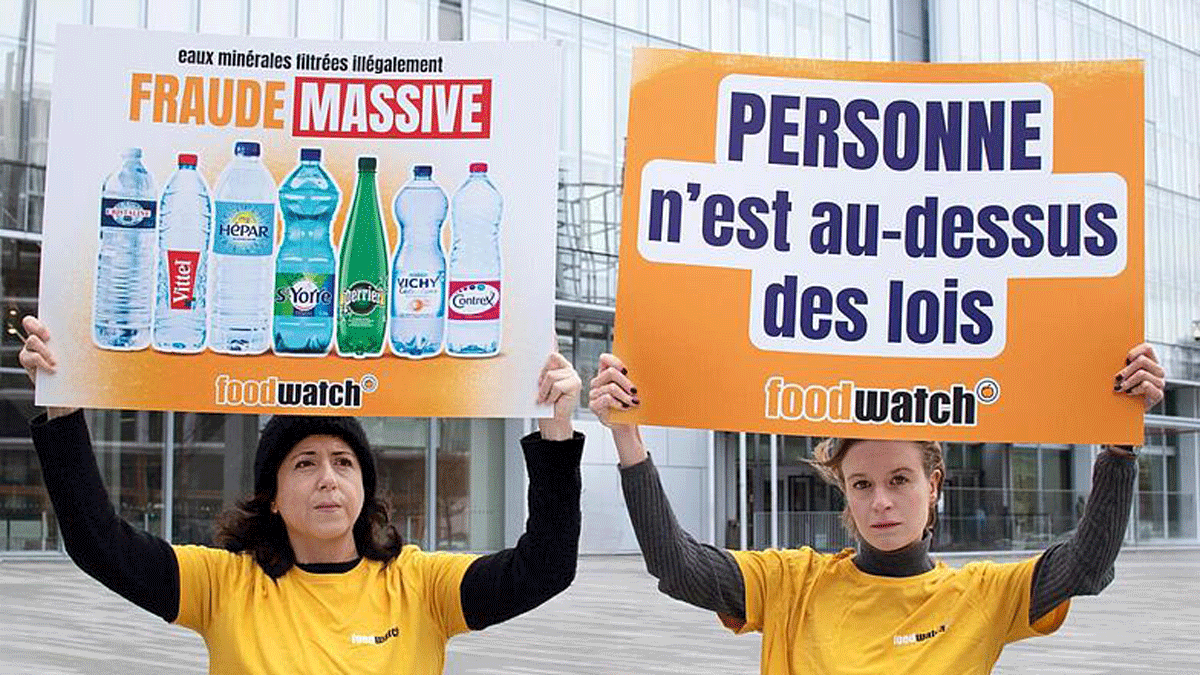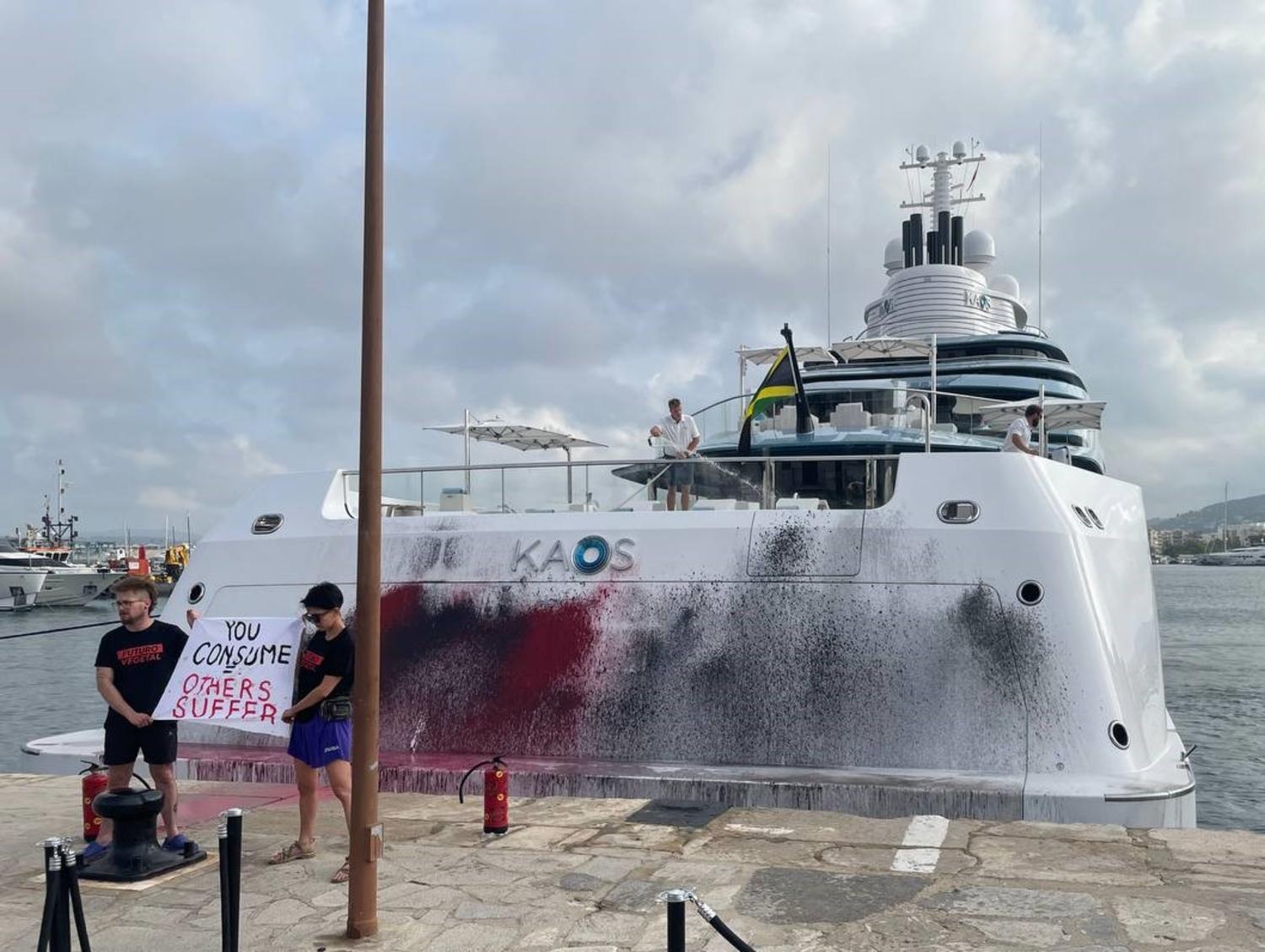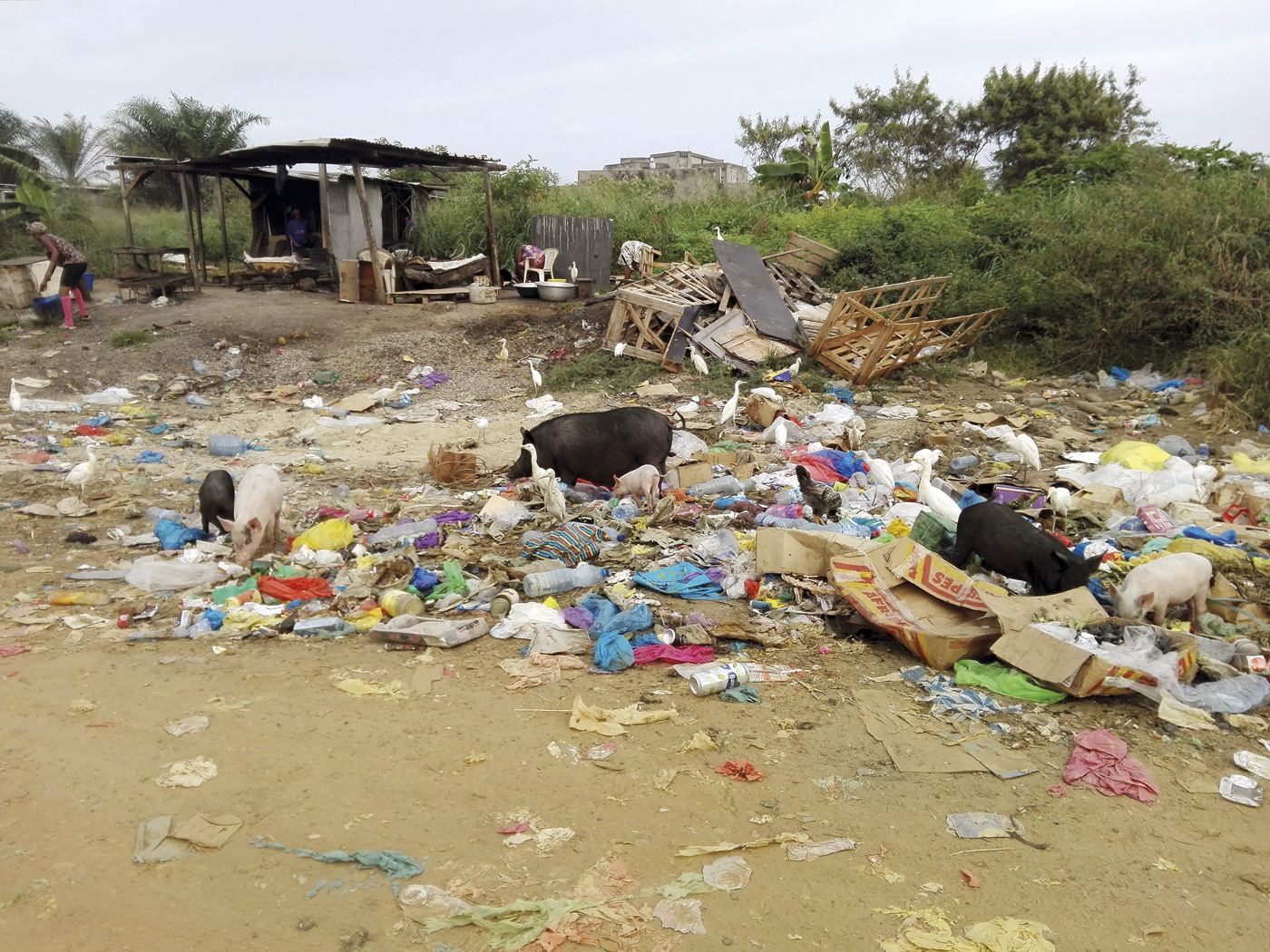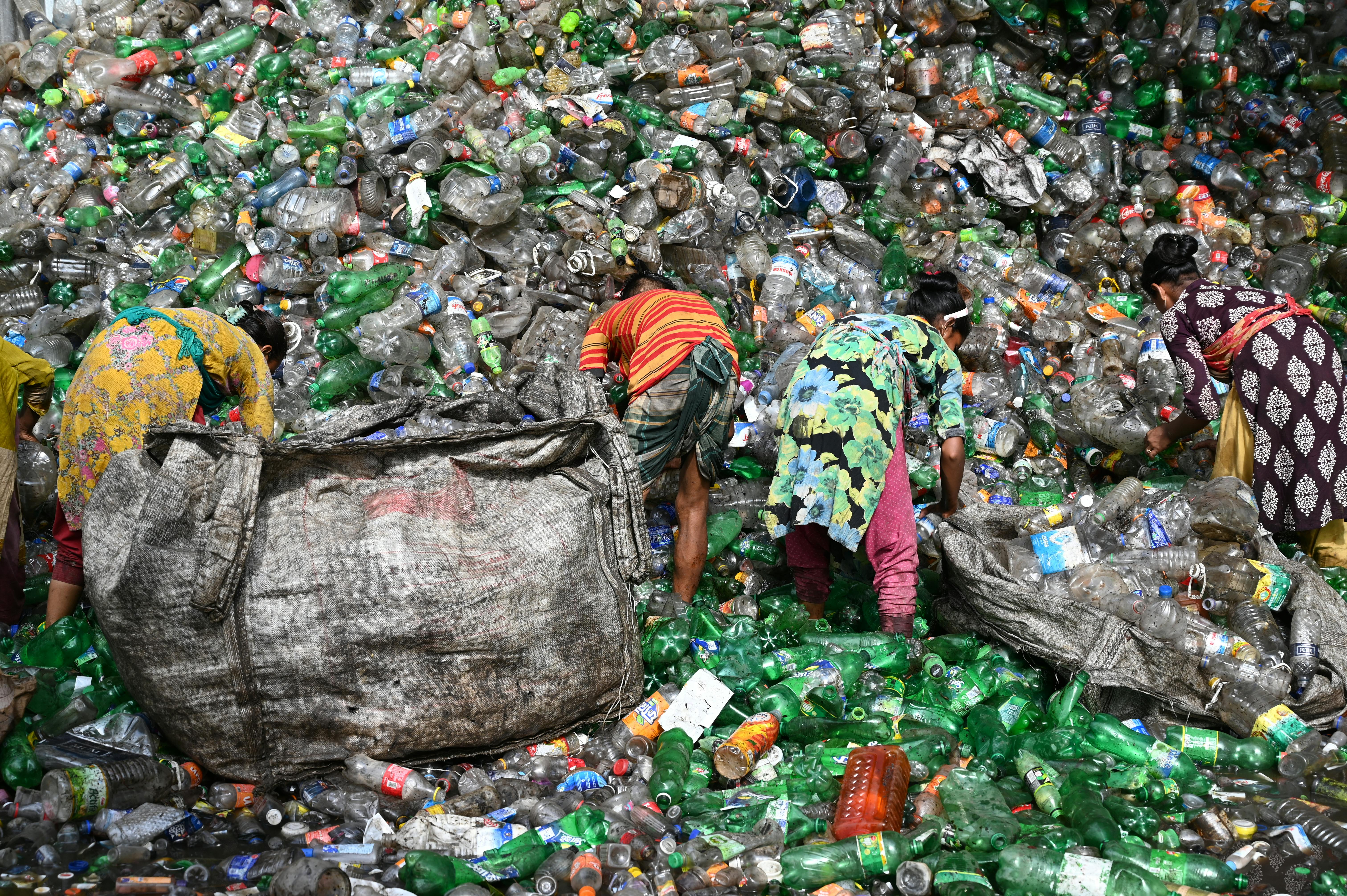Another 'Prestige' on the Galician coast? Millions of plastic pellets cause a white tide
- For several weeks, plastic pellets have been constantly appearing on the beaches and rocks of Rias Baixas in Galicia. A ship that lost its cargo on December 13 in Portugal and since then is also affecting the natural spaces of the coast. Environmental groups denounce that the administration is paralyzed in the face of the disaster and that volunteers are receiving pellets.
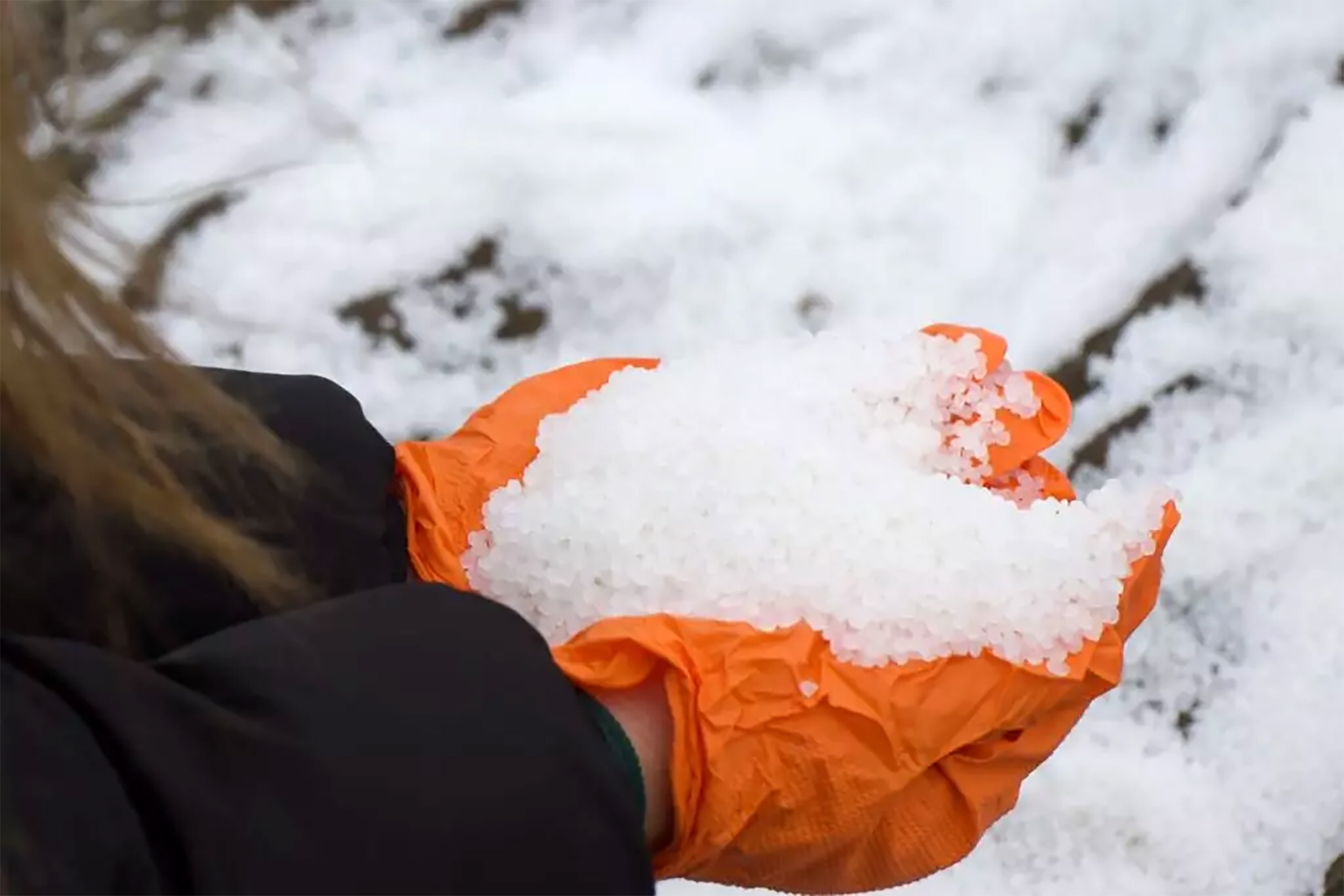
"White Tide," this has been called to the ecological catastrophe that is taking place in recent weeks in the Galician Rias Baixas. Since December millions of wooden plastic pellets, just 5 millimeters old, are constantly polluting their beaches and coasts. Walls and the estuary of Noia have also arrived and have already affected the natural space of the Corrubedo Arenal.
As explained by the Galician medium Nos Diario, the almost microscopic pellets, a versatile material, are pellets wrapped in sacks of 25 kilograms and in sacks the name of the Polish company "Bedeko Europa" appears.
The Noia Limpa association has found that on 13 December a ship lost six containers of its cargo in Portugal, in the area of Viana do Castelo, and that a full container was filled with bags carrying those pellets. "We don't know how many bags he was carrying, nor what the other containers had," they say. At the moment 52 bags have been received, but more are appearing every day.
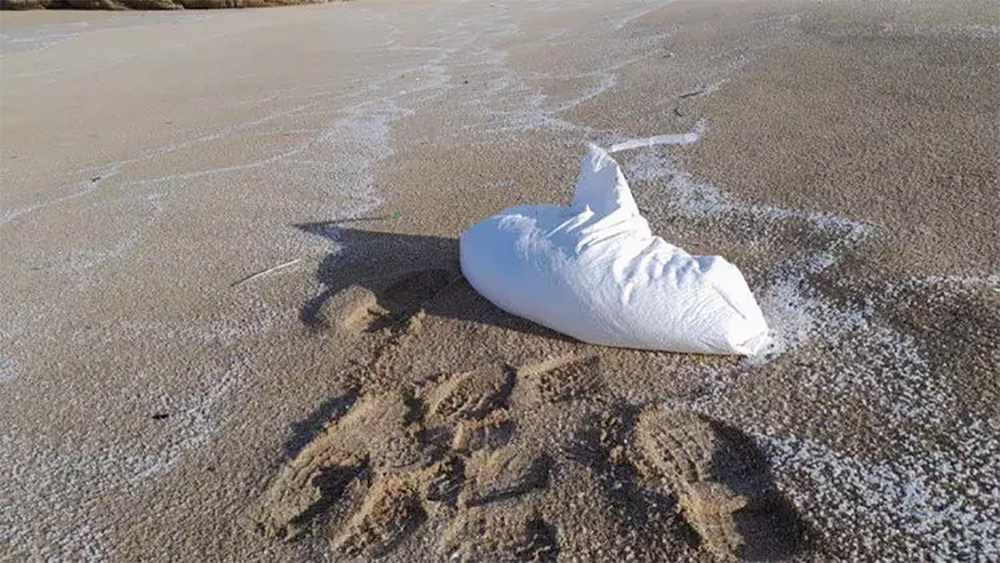
Toxic substance throughout the food chain
These bags appear broken in many cases and disseminated by internal pellets. This plastic has been identified as ultraviolet light stabilization material, very light and once dispersed "almost impossible to clean".
Noia Purity has explained in a video broadcast by social networks that balls, besides being toxic, are "magnets" and absorb other toxic substances. In addition, fish, birds and crustaceans confuse and engulf with fish eggs; finally, the stomach is filled with pellets and the animals starve to death.
On the other hand, toxic substances also accumulate in the thick tissues of fish, and then we eat them in humans: "The worst thing is that they don't get rid of, they're distributed in nanoparticles, and ingested as a plactone, marine food is dispersed throughout the chain."
This association has made a map with the places where the ball bags appear and is updating daily. As can be seen, pollution has already reached O Pindo, near Cape Fisterra.

Volunteers and fishermen in cleaning
"More and more are giving the alarm on the Galician coast with another Prestige," says Nos Clients. This means of communication has asked the Ministry of the Environment whether it is taking measures to prevent pollution, but has not been answered for the time being.
"The worst thing is that they don't get rid of, they're distributed in nanoparticles, and ingested as a plactone, marine food is dispersed throughout the chain."
For its part, the environmental organization Adega denounces that although the first warning was given on December 15, neither the Xunta de Galicia nor the Dirección de Costas, "they are doing nothing to control the impact of this discharge". Thus, cleaning has been carried out by volunteers, fishermen’s associations and civil protection associations.
BNG denounces the "total defenceless of our sea" and will move the issue to the Spanish Congress. Mayors from several municipalities have also raised their voices and say they have no capacity to deal with the situation on their own.
Energiaren Nazioarteko Agentziak (IEA) astelehenean argitaratutako txostenaren arabera, %2,2 igo da energia eskaria 2024an aurreko urtearekin alderatuta, besteak beste, egiturazko arrazoi hauengatik: beroari aurre egiteko argindar gehiago erabili beharra, industriaren kontsumoa... [+]
Kutsatzaile kimiko toxikoak hauteman dituzte Iratiko oihaneko liken eta goroldioetan. Ikerketan ondorioztatu dute kutsatzaile horietako batzuk inguruko hiriguneetatik iristen direla, beste batzuk nekazaritzan egiten diren erreketetatik, eta, azkenik, beste batzuk duela zenbait... [+]
Lurrak guri zuhaitzak eman, eta guk lurrari egurra. Egungo bizimoldea bideraezina dela ikusita, Suitzako Alderdi Berdearen gazte adarrak galdeketara deitu ditu herritarrak, “garapen” ekonomikoa planetaren mugen gainetik jarri ala ez erabakitzeko. Izan ere, mundu... [+]
Ur kontaminatua ur mineral eta ur natural gisa saltzen aritu dira urte luzeetan Nestlé eta Sources Alma multinazional frantsesak. Legez kanpoko filtrazioak, iturburuko ura txorrotakoarekin nahasi izana... kontsumitzaileen osagarria bigarren mailan jarri eta bere interes... [+]
Greenpeaceko kideak Dakota Acces oliobidearen aurka protesta egiteagatik auzipetu dituzte eta astelehenean aztertu du salaketa Dakotako auzitegiak. AEBko Greenpeacek gaiaren inguruan jasango duen bigarren epaiketa izango da, lehenengo kasua epaile federal batek bota zuen atzera... [+]








